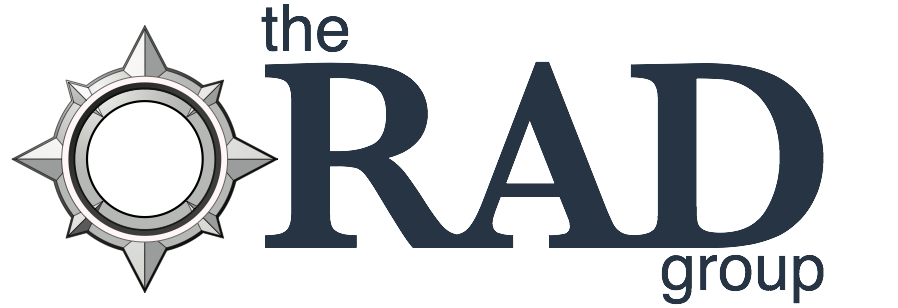To start this series we asked you to evaluate yourself against the list of Top 20 “Best Boss” Characteristics. Let’s look in more detail at #2 -- A “Best Boss” Holds Himself and Others Accountable for Results.
People often associate accountability with negative consequences, but in our definition there can be either positive or negative consequences that follow action. It is important to notice that a Best Boss doesn’t just hold employees accountable for results, but also himself.
This is what we mean by accountability:
An examination of the facts/reasons underlying a specific event/result (accounting) Then application of appropriate consequences for the actions and results.
Accounting for Results
Many bosses (not Best Bosses) assume that failure (and success) is determined by the person’s motivation and they then “hold them accountable” by trying to motivate them to perform better in the future. Remember, motivation is only one aspect of the individual and may have nothing to do with the results observed.
Best Bosses understand that people don’t try to fail and that performance and the results that follow don’t happen in a vacuum. This means that results need to be evaluated and understood in light of a complex environment that includes Others, Surroundings, Sytems, and Self.
We have used the term local rationality in some of our other articles to describe why it makes sense for a person to do something that may not seem logical to someone (including the boss) who is either observing performance or evaluating the result after the fact.
Best Bosses begin with the “account” component of accountability and gather all of the facts/reasons why the person's actions made sense in the moment. They ask questions to evaluate each of the contextual components (self, others, surroundings, systems) that might have impacted the person's actions and led to the results observed.
Once they determine why the person performed this way, then they can develop a plan (we call it the “Fix”) to help the person succeed in the future.
Applying Consequences
Here is where the consequence part of accountability comes into play.
The purpose of a consequence is to either:
Weaken an unwanted behavior through negative consequences or Strengthen a desired behavior through positive consequences. Best Bosses understand this and apply consequences accordingly.
Success
When success occurs Best Bosses apply appropriate positive consequences. This may involve a simple “thank you” for the result, or it may involve some form of public commendation or reward. This should be determined for each result as appropriate.
Failure
When failure occurs, the form of negative consequence should also fit. Many times the process of accounting and determining a fix will be consequence enough to change performance in the future. If failure continues, then some form of formal discipline may be required. This should be determined in concert with your organizations policies and with guidance from internal Human Resource professionals. As we will discuss later on in the Top 20, Best Bosses are also fair and consistent, so make sure that the consequences you apply are both fair and consistent.
Best Boss Bottom Line
Finally, Best Bosses also hold themselves accountable for results. They are constantly evaluating the impact of what they do on those around them and on the organization. They question themselves to determine the impact that various contextual factors are having on their own performance and adjusting decisions as appropriate. If they fail, they are quick to admit that failure, determine why and step up to the consequences. When success occurs they are usually also quick to pass the positive consequences on to their team.st time we listed the Top 20 “Best Boss” characteristics and asked you to evaluate yourself against the list.
